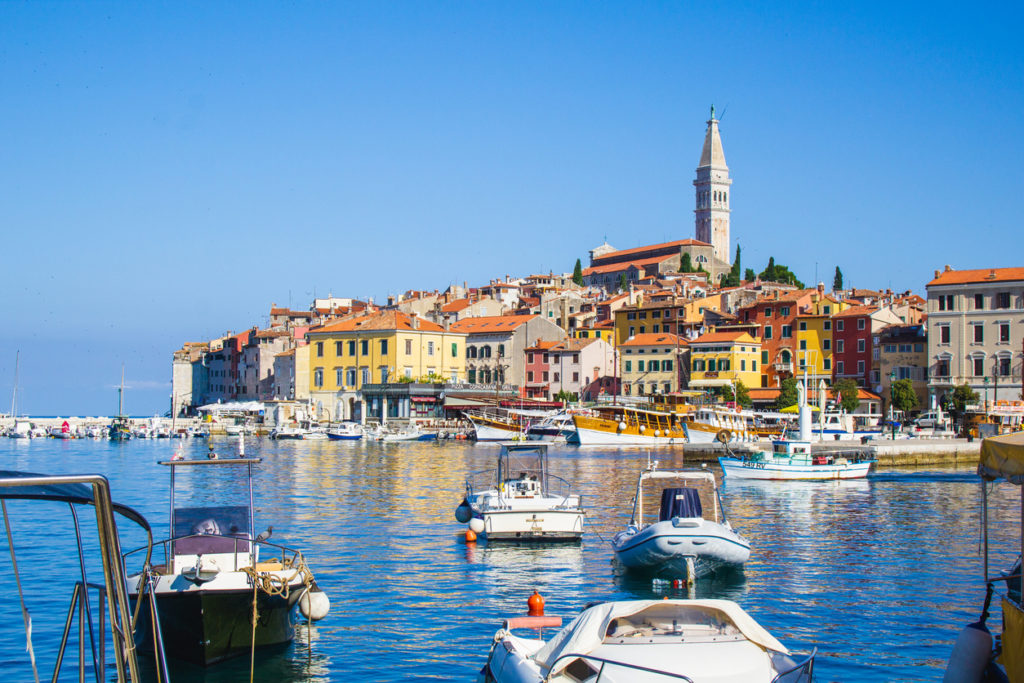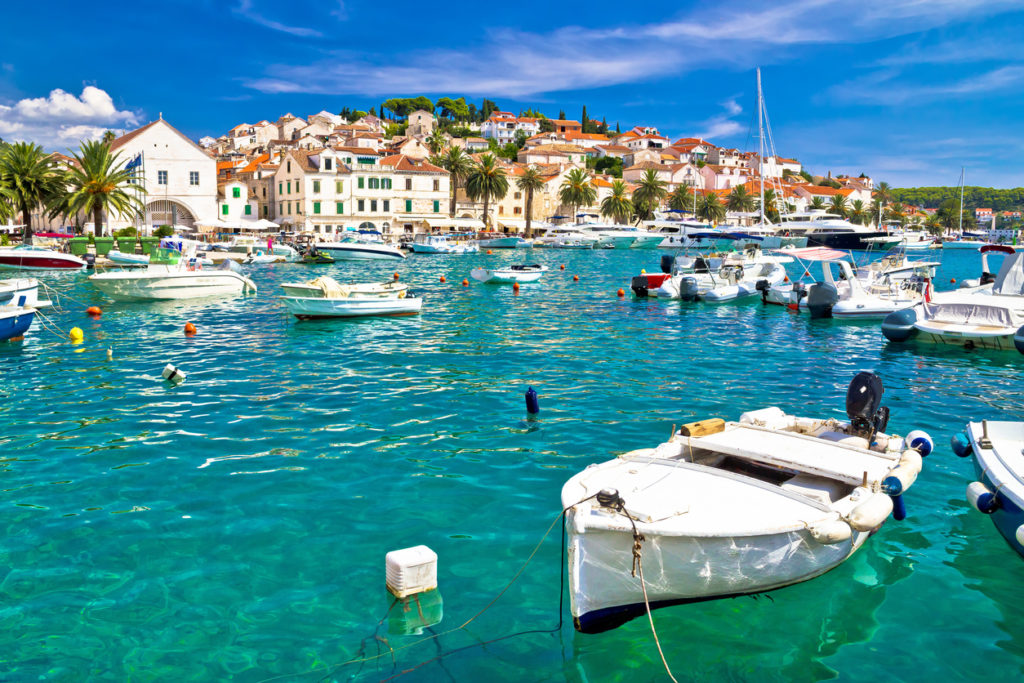Working In Croatia As An Expat part 1 – that will be the topic of today’s article.
Before introducing this article, if you are interested in our core services which are expat financial, insurance and mortgages, you can contact me here.
The best time to consider your financial situation is when you are moving to a new country.
Introduction
People from all over the world are looking for ways to move abroad to other countries in Europe. Many people have decided to move cities within Croatia as it offers a number of benefits and opportunities for diverse jobs that accommodate not only the native population but also expats.
One of the best things about working in Croatia is that it is a bilingual country. While Croatian is the official language, most people are also fluent in English. This makes it easy for foreigners to get by and find work. Additionally, the cost of living in Croatia is relatively low compared to other Western European countries.

Moreover, there are a number of different positions that expats can find work in Croatia. In general, the most common jobs for foreigners are in the tourism and service industries. Positions such as hotel managers, waiters, tour guides, and taxi drivers are often filled by foreigners.
However, there are many other opportunities for those with specific skills and qualifications. For instance, there is a high demand for qualified English teachers, and expats who hold degrees in other specialized fields such as engineering also have the opportunity to find jobs within Croatia.
Every year, more jobs are being created in Croatia, so it is becoming easier for expats to find work each year. Today, we have compiled this article to meet your requirements. Here, we will walk you through the step-by-step guide to getting jobs in Croatia as an expat. Would you love to know more? Read further!
7 Things to Know About Working in Croatia as an Expat
Croatia is a stunningly beautiful country with an exceptional quality of life, but does it have the same standard of living when compared to other countries? In this article, I will try to dispel some myths about what it’s actually like working in Croatia as an expat.
The Economy
Due to its relatively small population and lack of natural resources, Croatia has in recent years had to rely on foreign direct investment in order to progress. However, it is becoming more self-sufficient with the rapidly growing tourism sector, by far its biggest industry.
Unemployment is currently at 18%, which is high for a developed country; however, this figure was above 40% just six years ago, so things are looking up. The average net monthly salary is about €800 (before tax), but this varies greatly depending on your industry and location.
Managers can expect to earn double that of an office worker, for example, and in the tourism sector, you would be looking at around 50% more than this. The cost of living in Croatia is also relatively low: Food and groceries, utilities, transportation, and healthcare are all relatively affordable compared to other Western European countries.
The Weather

The weather in Croatia is fantastic. It’s pretty much guaranteed you will get a good dose of the sun during your stay. The summers are hot and dry with average temperatures ranging from 26-30°C, while the winters are wet and cold with average temperatures of around 7°C.
There are only two real seasons in Croatia, with the summer periods being very long (apart from the odd ‘cold snap’). Bear this in mind if you don’t like getting wet or burnt.
The Cuisine
Croatian cuisine is a mixture of Mediterranean, Austrian and Hungarian flavors, with a lot of seafood due to its coastal location. Dishes are often simple and use fresh, local ingredients – you can’t go wrong with a plate of delicious Croatian pasta or grilled fish.
As an expat, it’s worth trying some of the traditional dishes such as ‘burek’ (a pastry filled with meat or cheese), ‘pasticada’ (a stewed meat dish), or ‘racunajca’ (fish cooked in vinegar).
The People
Croatians are generally a very warm and welcoming people, but they can be reserved towards strangers. They are extremely proud of their country’s history and cultural heritage, so it’s best not to mention any negative aspects of Croatia (e.g., war-time atrocities) when talking to locals.
In general, it is important to be patient and take the time to get to know people as they are not always quick to form friendships or relationships with foreigners.
The Language
The official language in Croatia is Croatian. However, English is also widely spoken, so you will not have trouble communicating with locals. German and Italian are also common languages, so if you know any of these, you will be able to get by just fine.
The Healthcare
Croatian healthcare is excellent and on a par with most Western European countries. In addition, the cost of medical treatment and prescription drugs is much lower than in other developed countries. There are no waiting lists for surgery or unique treatments, and most hospitals and clinics are up to date with the latest medical technology.
The Culture
Croatia is a culturally rich country with a diverse history. From the Venetian architecture of Dubrovnik to the Roman ruins of Split, there is plenty to see and do. The Croatian people are also extremely proud of their culture and heritage, so be sure to ask them about it when you have the opportunity.
Top 7 Tips to Get Jobs in Croatia

Job hunting is a tough process globally. Whether you’re in the UK, Croatia, or anywhere else in the world, it’s never easy to get that job that you’ve always dreamt about and imagined yourself doing day in and day out. However, there are places where your job hunt can become easier than trying to get a needle from a haystack.
And Croatia is one such place! So, if you’re looking for a job in Croatia, or you’re just curious as to what the process entails, then read on! In this article, we’ll be giving you our top 7 tips to help make your job hunt a success. Check it out now!
1. Start Early
One of the most important things to remember when looking for a job is to start early. This may seem like an obvious point, but many people mistake waiting until the last minute before starting their search. This not only puts you at a disadvantage, but it can also be very stressful. So, make sure to get started as soon as possible.
2. Be Flexible
Another important thing to remember when looking for a job is to be flexible. This means being open to different types of jobs, as well as locations. Don’t just focus on finding your dream job in your dream location. There’s a good chance that you may not find anything that fits that description. But, if you’re flexible, you may find something that’s a good fit for you.
3. Network
Networking is one of the most important things you can do when looking for a job. This means getting in touch with friends, family, and acquaintances that work in the industry or field that you’re interested in. To find out more, check out our article on the importance of networking and other things related to this subject.
4. Polish Up Your CV/Resume
Of course, another thing to consider is how to polish up your resume. This may seem like a no-brainer, but many people fail to realize the importance of a good resume or CV when looking for a job. Just because you have experience or skills in a particular area doesn’t mean they’ll be able to see it. If you want to become more skilled in this area, then check out our article on how to make a good resume.
5. Consider Relocating
If you live in one area of Croatia and would like to relocate, now’s the time to do it. If moving away from where you’re currently living is out of the question, then consider moving to another city. This can be very beneficial as you’ll have more opportunities to find a job quickly. This is due to the fact that there are fewer applicants for jobs in smaller cities. There are lots of great things about working in Croatia if this would interest you.
6. Use the Internet
The internet is one of the most important tools you can use to find a job. It’s certainly more helpful than walking around with your resume hoping someone will take an interest in you. There are many job search sites where employers post jobs that they need people to fill, as well as social media sites where you can find potential employers.
7. Be Persistent
Although many people may give up on their job hunt after a while, this is the worst thing you can do. So, if you’re in any doubt about this point, then we hope that we’ve convinced you enough to make you see that it’s bad news!


